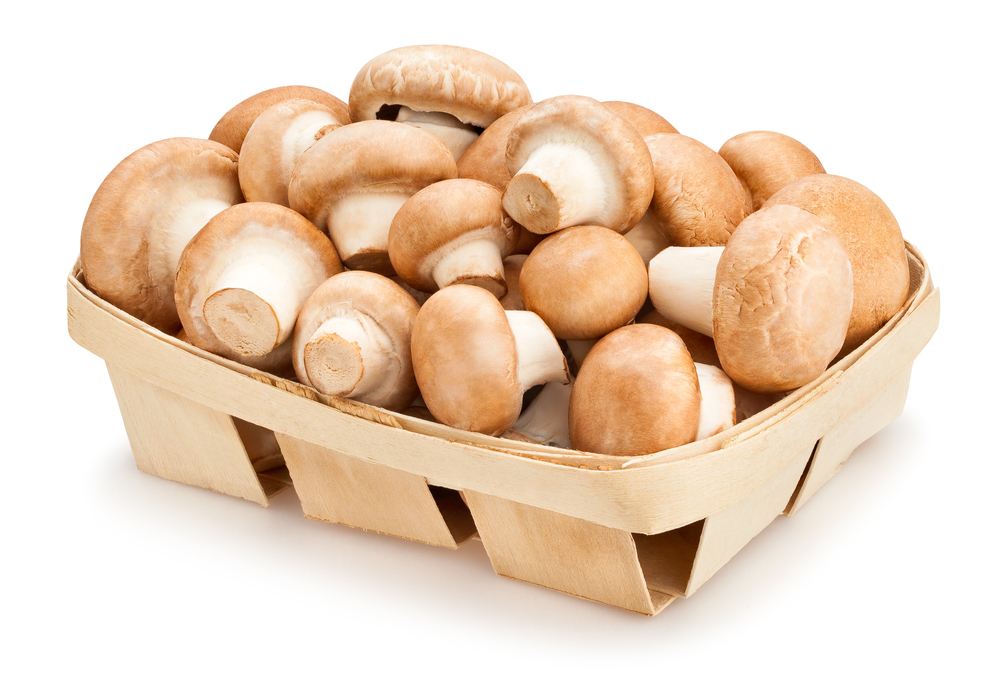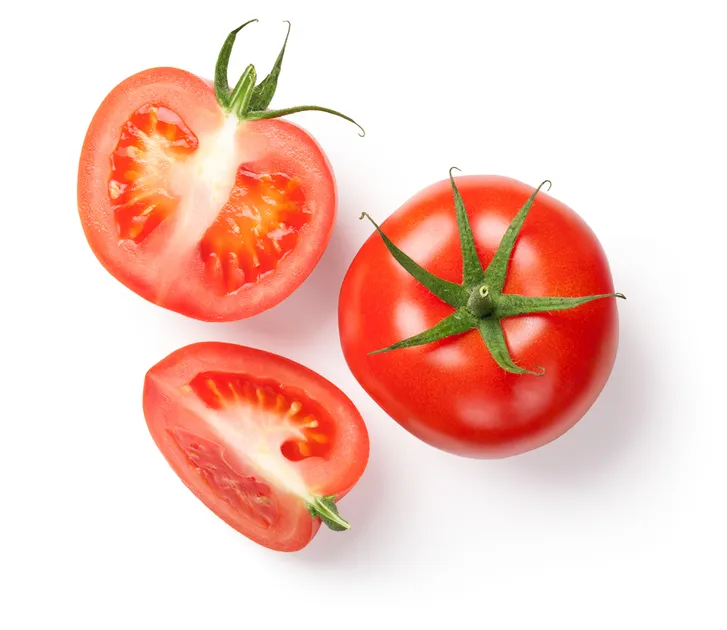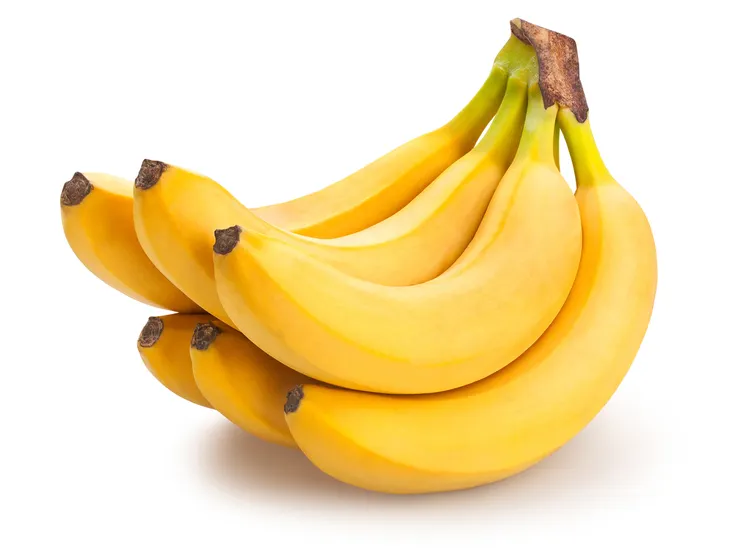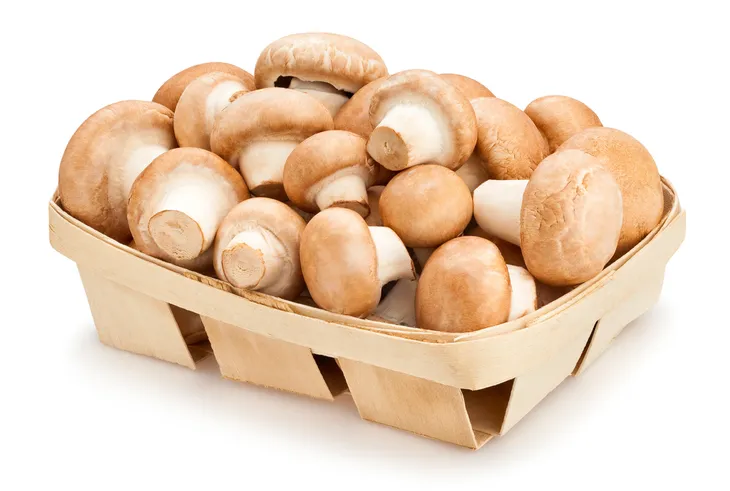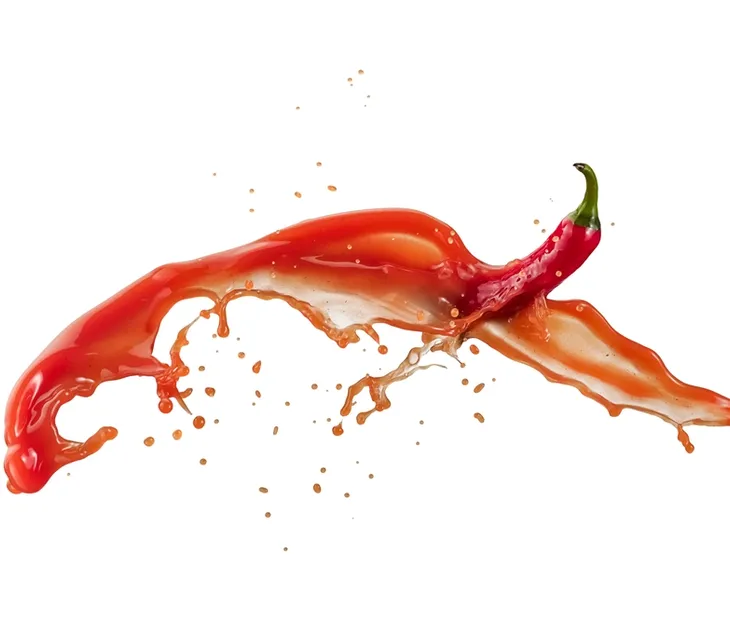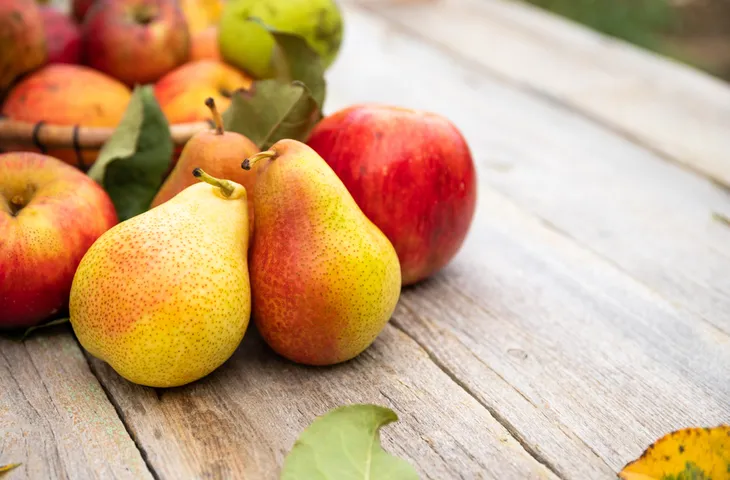Congestion and other allergy symptoms is nothing to sneeze at for many seasonal sufferers. However, it may be more than just the spring air that’s making you miserable…it could be the food you’re eating.
If you find you are sneezing, have watery eyes or a runny (or dry) nose when spring rolls around (finally), then you may want to adjust your diet to welcome the warmer sun. Not everyone with reactions have allergies to these foods. Discuss any concerns with your dietitian or physician. Here are 7 foods to avoid during the return of the warm season…
Tomatoes
Sadly, these delicious salad staples may be causing you to have allergy reactions (to grass pollens) including a tingly throat, mouth dryness and scratchiness, and itchy or watery eyes, according to the Mother Nature Network.
This is because tomatoes, among other fruits and vegetables, may trigger reactions in grass pollen-sensitive individuals. The network explains that in spring (and fall) in particular, your body’s immune system “recognizes and essentially mistakes a plant protein in the food for pollen.”
Bananas
What has often been referred to as earth’s “perfect food” may not be so perfect if you have weed allergies. The Mother Nature Network also notes that some fruits can adversely affect weed pollen-sensitive people, especially those who suffer from ragweed allergies.
Bananas are on the source’s list of fruits and veggies that can trigger an Oral Allergy Syndrome (OAS). It shouldn’t take long to determine if you have an allergy to a particular fruit. Symptoms should become apparent within a half-hour, noted the site.
Yogurt
LiveStrong points out that excess mucus is often a problem that comes with seasonal allergies, and that dairy foods like yogurt can make the problem even worse.
The health site notes that yogurt can cause the mucus in your system to thicken, impeding its journey from your body. When mucus, which is meant to clear your body of foreign substances, is slowed, it doesn’t remove allergens from your system as quickly or effectively as it should, adds LiveStrong.
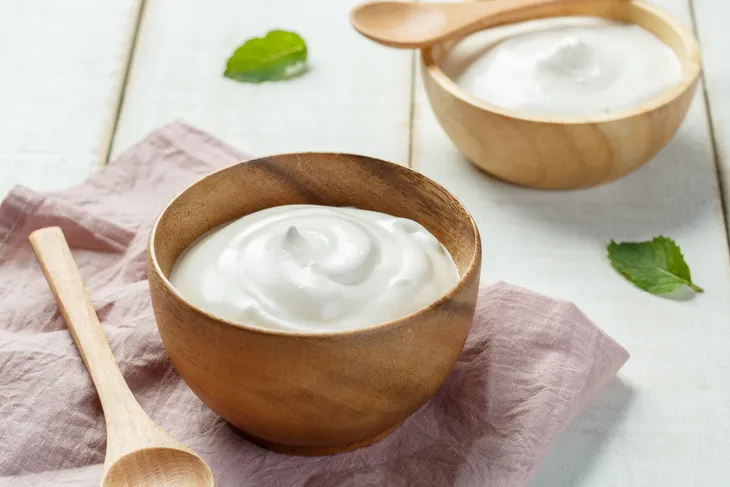 Shutterstock/DONOT6_STUDIO
Shutterstock/DONOT6_STUDIOMushrooms
You night be reading the word “antihistamine” on every box of allergy medication, and are wondering what the heck it actually means. Histamines are produced by your body and are also present in foods, and they can trigger certain allergic responses, especially if you have mold sensitivity.
LiveStrong also points out how mushrooms (themselves a fungus) can promote histamine growth, leading to sneezing fits and general misery. Maybe skip ordering mushrooms on your next pizza, as our suggestion.
Beer or Wine
Wine and beer have not been spared from the allergy culprit list, either. If you’re already a seasonal allergy sufferer, the New York Times has concluded that alcohol consumption can make your symptoms worse.
It notes that beer and wine contain histamines, which are present due to the fermentation process involved with making alcoholic beverages. Wine and beer in particular also contain sulfites, which have also been traced to allergic reactions and asthma, according to the article.
Spicy Foods
Everyday Health suggests staying away from spicy-hot foods when pollen season is in full swing. The spicy foods encourage an “outpouring of histamine” that combine with histamine from your seasonal allergies for the perfect storm of symptoms.
This is not to say that all allergy sufferers must avoid spicy foods, notes the website. You may be able to get away with that extra spicy burrito, for example. However, if you already notice a bit of a sniffle, it’s probably best to ask for the mild versions of your favorite foods for a while.
Raw Foods
If you were thinking of starting a raw “Paleo” food diet this spring, you may want to reconsider if you’re an allergy sufferer. Several online sources point to uncooked foods as having worse allergy triggers than cooked foods, due to pesticides and other food impurities.
This goes for snacks as well. You may not want to just grab an apple and go, unless you thoroughly wash it or make it into something else like applesauce or apple pie that requires heat. The suffering may outweigh any benefits you get from the diet.
